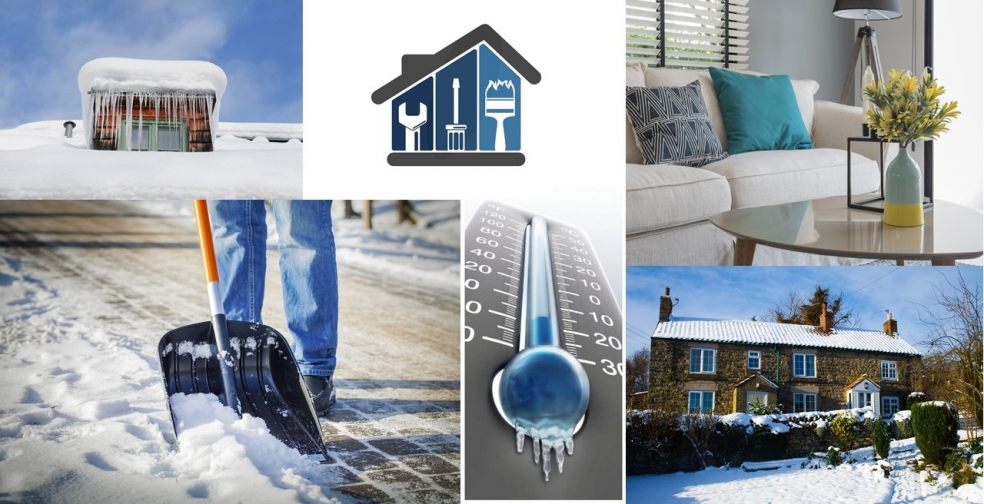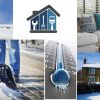
Holiday homeowners encouraged to be proactive before wintry weather takes hold
Holiday home insurance specialists Boshers are encouraging holiday let owners to take precautions to prevent water damage by burst pipes.
The advice comes as the Met Office recorded freezing temperatures across much of the UK. On Tuesday 19th November Braemar in Scotland saw the lowest temperature recorded so far this autumn, a chilly -9.9°C and parts of the UK have already seen significant snowfall. These weather conditions can cause pipes to freeze and burst causing serious damage and vacant holiday homes are particularly vulnerable if basic precautions are not taken.
Whilst most holiday homes are let to guests during much of the year, the weeks either side of the festive period can be less popular. Properties are often empty and therefore more exposed to extreme weather and prone to problems going undetected.
When a severe cold spell swept the UK in 2010, insurers dealt with 3,500 claims for burst pipe damage every day (£1 billion paid out in Nov/Dec alone*).
Mark Lavington, Director at Boshers Ltd explained; “We see more burst pipe and escape of water insurance claims than any other. The average cost of claims for frozen pipes is £12000**. Whilst the damage caused can be significant there are several simple steps holiday homeowners can take in order to reduce their risk.”
The firm has issued guidance including a number of steps you can take in order to reduce the chances of potential damage:
Turn off the stopcock and drain the water and heating system; or
Leave the heating on to maintain a temperature throughout your holiday home sufficient to prevent pipes from freezing (above 7°C). Setting your heating thermostat at a low level (15°C) will help maintain a reasonable temperature to prevent frozen pipes.
If your holiday home is unoccupied during the winter ensure you turn the water off at the stopcock even if you leave your heating on (where your heating system allows).
Arrange for regular checks to be made on the property during any period in which it isn’t occupied by guests.
Lag and insulate pipes, boilers and water storage tanks, particularly if exposed to the cold (think about attics and outbuildings).
Make sure your heating and water systems are serviced regularly and checked by a professional.
Consider installing a leak detection system or automatic stopcock, particularly if you live away from the property.
Refer to your holiday home insurance policy for conditions specific to your cover
Mark added “The damage caused to holiday homes by burst pipes can be significant, potentially leaving the holiday property uninhabitable for a considerable amount of time. Whilst the material damage and loss of rental income may be insured the inconvenience to both owners and future guests is best avoided. Being proactive in reacting to potentially severe weather could save owners hassle, expense and disruption.”
For further guidance on holiday home checks ahead of extreme weather please visit: boshers.co.uk/blog/holiday-let-maintenance/essential-low-season-winter-maintenance-tips
* (Association of British Insureres ABI)
** (Claims data 2011-2017 Ecclesiastical Insurance)














